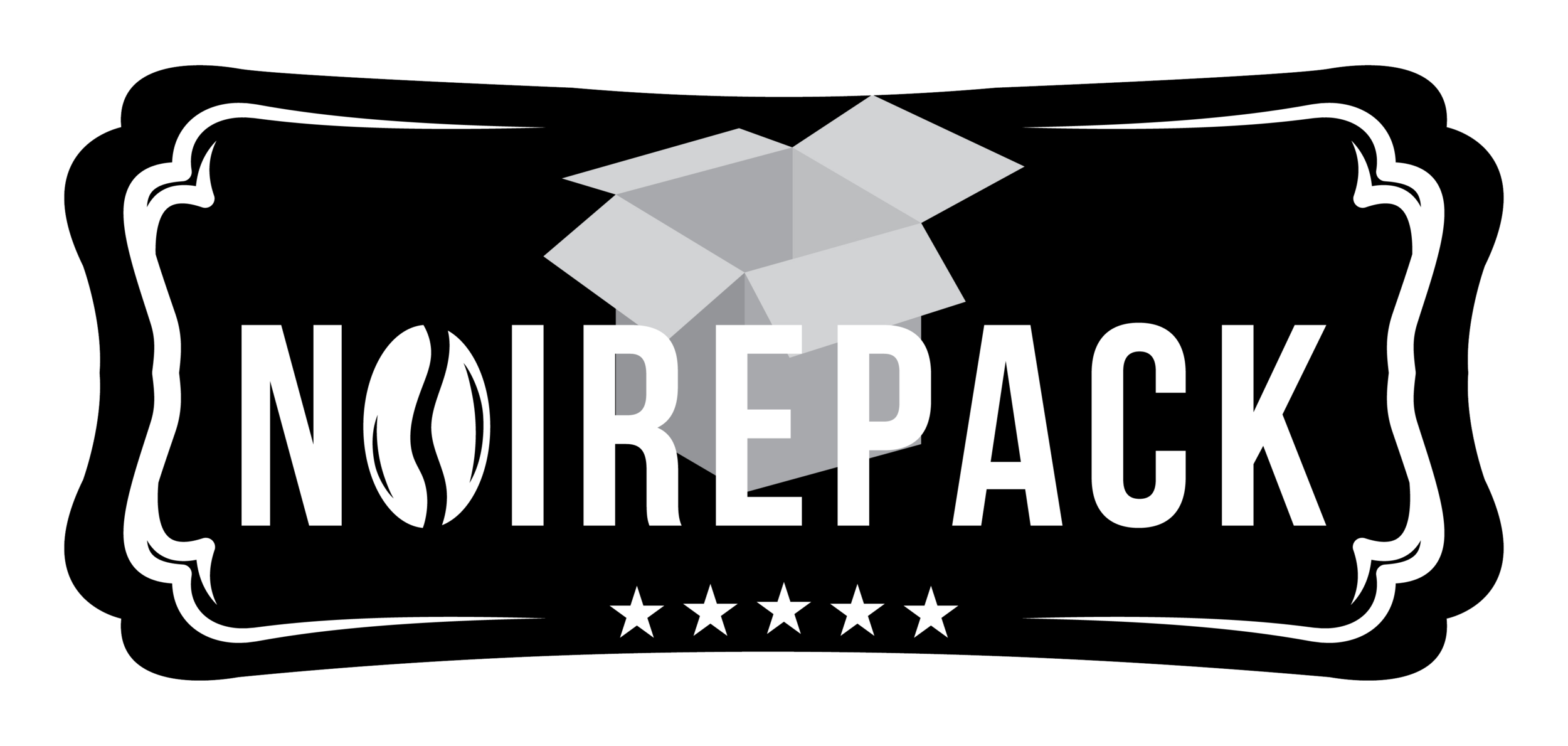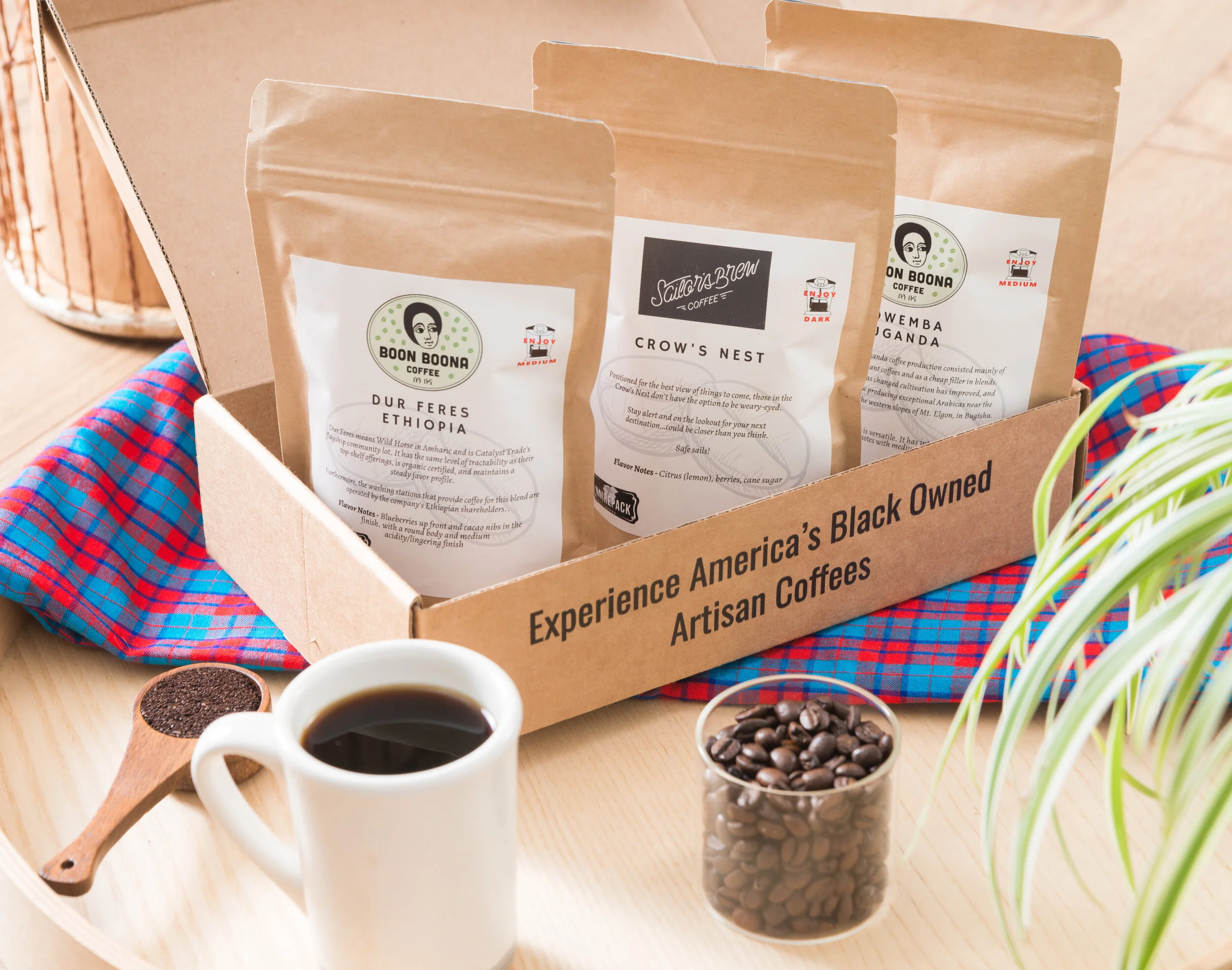Welcome to the world of elevating your coffee craft through the art of preparing the perfect cup of black coffee. Whether you're a fan of the traditional drip brewer, the immersive experience of a French press, or the meticulous pour-over method, each approach offers a unique opportunity to engage with the brewing process and tailor the flavor to your preferences.
Read MoreDiscover the health benefits of black coffee: from antioxidants and enhanced cognitive function to metabolism boost and reduced risk of chronic diseases. Uncover how this beloved beverage positively impacts overall well-being and longevity.
Read MoreEmbrace the bold simplicity of black coffee, from rich flavors to health benefits. Awaken your senses with each sip and savor the gratifying art of perfect preparation. Join us in the timeless pleasure of black coffee's pure essence.
Read MoreThe term 'urban' has often been used as a codeword for "Black" within American cultural dialogue. Within the context of coffee, 'urban' culture typically refers to hip, trendy coffee shops located in city neighborhoods, which are implied to be heavily influenced by Black culture. The stereotype suggests that Black coffee professionals naturally gravitate towards or are primarily suited for these environments.
Read MoreDespite this African origin, the narrative within the global coffee market has primarily been dominated by others, often overshadowing the significant contributions of Black individuals and communities.
Read MoreSupport coffee businesses in your local community and help create a more diverse and inclusive society by reading our blog post about Black-owned coffee businesses!
Read MoreThe origin of Boona originates from the motherland, specifically ancient Kush modern-day Ethiopia, one of the most ancient kingdoms of Nubia, conquered Egypt in eighth-century BC during the reign of Piye and ruled the country as its 25th Dynasty (to be replaced a century later by the native Egyptian 26th Dynasty).
Read MoreThere are thousands of coffee roasters in the US. Sadly, Black coffee roasters only represent a small margin of this highly coveted and competitive coffee market. Black Owned coffee roasters, and cafés are a "Shot in the Dark" a "Red Eye," an under-represented group unseen in this well-heeled industry.
Read MoreToday's Black economic disparity can only be alleviated by breaking the cycle of intergenerational poverty in Black families by improving the black men’s economic outcomes. At NoirePack, we understand the profound implications Black families and the prospects of Black children may face if we as a community don't take action which is why we are fully vested in supporting this cause the best way we can one cup of coffee at a time.
Read MoreThinking about migrating to Canada? Not so fast, mon ami. Though Canada is viewed as a country model for inclusion, this is far from the truth.
Black Canadians face the same struggles and realities of institutionalized racism as Black Americans
Read MoreBlack Owned coffee roasters and cafés are a "Shot in the Dark" a "Red Eye," an under-represented group unseen in this well-heeled industry. Black Owned coffee proprietors are, for lack of words, the M&M's of Hip Hop, the Darius Ruckers, or Aaron Nevilles of County Music.
This disparity between Black and White coffee businesses lies in the obtainment of capital. But this is no surprise. Black entrepreneurs have always faced obstacles in accessing startup capital.
Read MoreAt NoirePack Inc. we believe that when small Black-Owned businesses flourish, so do our communities. Coffee, the 2nd most-traded commodity consumed by most industrialized nations. This coveted Arabica plant can generate jobs and business ventures that can uplift and foster pride in our communities.
When you support Black-owned businesses, you get products that are valuable for the unique character they bring. Plus, you avoid spending money at other companies that may not celebrate Black culture
Read MoreThe African diaspora in the Americas comprises descendants of native sub-Saharan Africans or people from Sub-Saharan Africa who were enslaved and shipped to the Americas by the Europeans via the Atlantic slave trade with their largest populations in Brazil, the United States, and Haiti.
Read MoreBurundi's coffee is receiving recognition worldwide. More and more roasters are demanding this unique African coffee. As this trend continues, Burundi's economy will climb as long as their government continues to implement deep, broad, and well-institutionalized reforms for Burundi's economy's greater good.
Read MoreWe must strive for "Ujamaa" and Social entrepreneurship to create businesses oriented around providing services and goods that benefit the Black community. We are one of the U.S.'s biggest consumers, but we only spend a mere 3 percent of our $600 billion on Black-Owned businesses. This must change.
Read MoreConflicts and divisions are evident amongst African nations, but tensions can also be found even here in the United States amongst our brothers and sisters…… our houses continue to be divided. Black skin vs. Light Skin, Black Republicans vs. Black Democrats, Israelites vs. Black Christians, and the list goes on. In the words of Rodney King, "Can we all get along?
Read MoreTanzanian Arabicas are grown on Mt. Kilimanjaro and Mt. Meru's slopes near the Kenyan border
Read MoreThe Swahili language is a mixture of Bantu and Arabic. It is a lingua franca for the African Great Lakes region and other parts of East and Southern Africa, including Tanzania, Uganda, Rwanda, Burundi, Kenya, some parts of Malawi, Somalia, Zambia, Mozambique, and the Democratic Republic of the Congo (DRC).
Read MoreKenya's coffee, like its world-class runners, is the best in its class. Like the Arabian Mocha and the Ethiopian Harrar to the north, Kenyan coffee has a rich, distinctive dry, winy aftertaste with a full-bodied richness that Ethiopians and even Mocha lack.
Read More



















